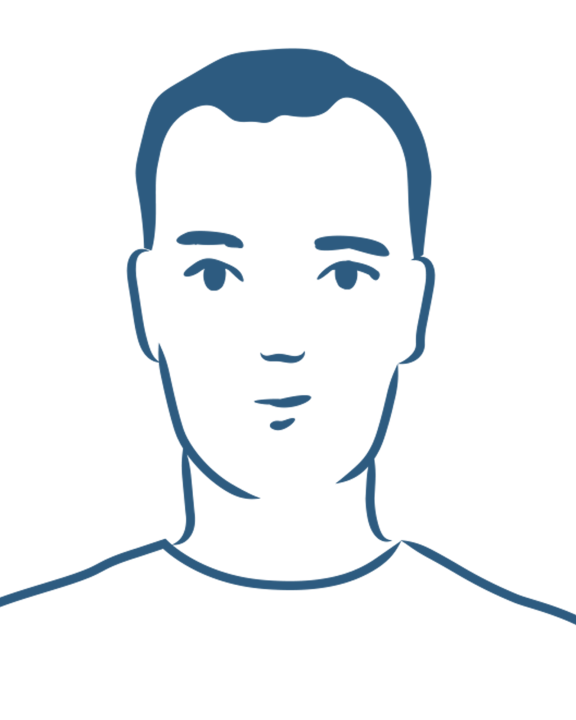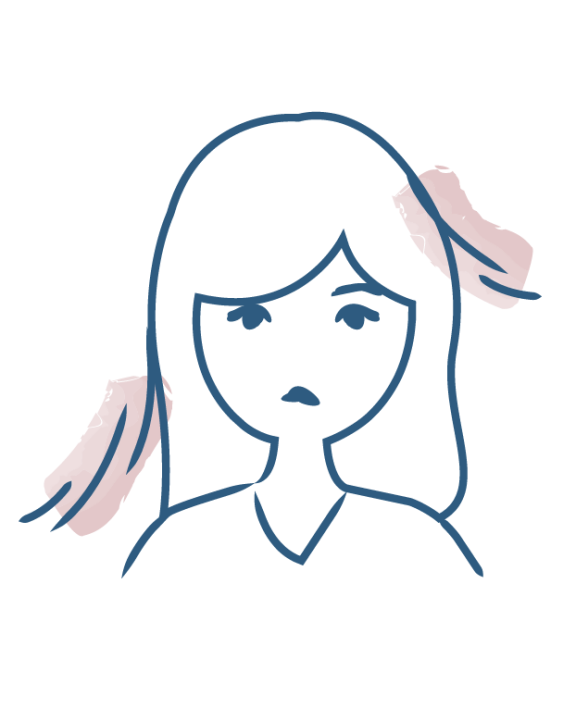-
Your concerns
Our articles to help you gain a better understanding
-
Our solutions
-
DUCRAY Dermatological Laboratories
Our articles to help you gain a better understanding

In order to fight against hair loss, and when the pathology requires it, dermatologists can prescribe certain medicinal treatments. Their use requires, however, a specific supervised framework. So, is there a miracle anti-hair loss medicine? Find the answer here.
From among the various types of hair loss, the main ones are acute or chronic telogen effluvium, anagen effluvium, androgenetic alopecia and age-induced alopecia. All are hair conditions involving different physio-pathological mechanisms and adapted treatments.
There is no miracle cure for hair loss. Before prescribing a medication, your healthcare professional will always start by recommending lifestyle changes and incorporating specially formulated primary and complementary hair care products. Then, to provide the hair follicle with essential vitamins and minerals, food supplements adapted specifically to hair loss can be an effective complementary therapeutic option thanks to their key role in the hair’s physiology. However, their action is limited to androgenetic alopecia.
To date, only two types of alopecia medicines are approved for the treatment of androgenetic alopecia: minoxidil and finasteride (an anti-androgen medication prescribed to men only). They are prescribed by the dermatologist in response to various needs and expectations.
Hair loss

Occasional hair loss
Are you experiencing hair loss?

Occasional hair loss
Are you experiencing hair loss?

Occasional hair loss
Are you experiencing hair loss?